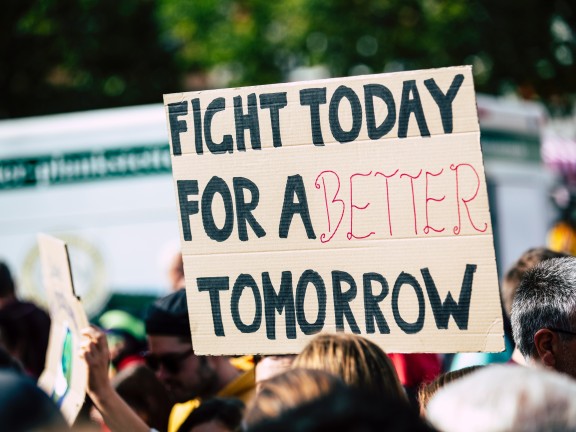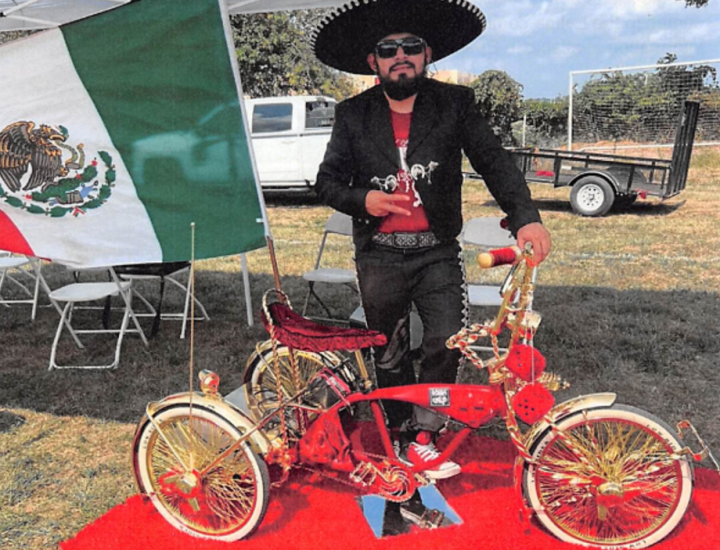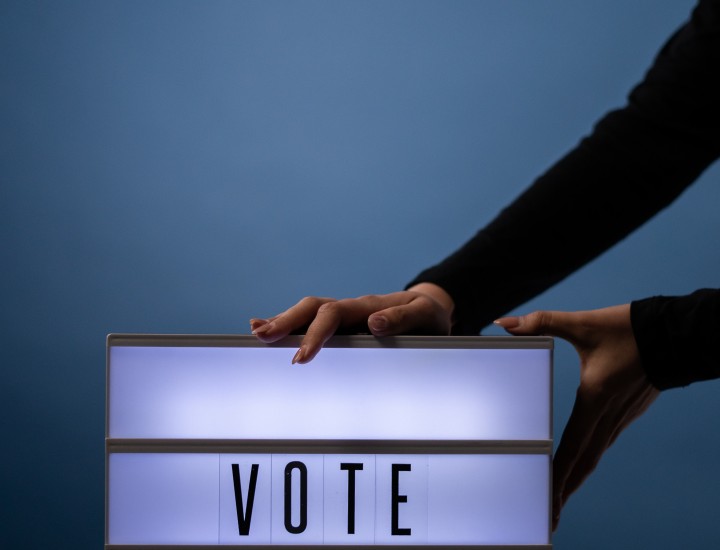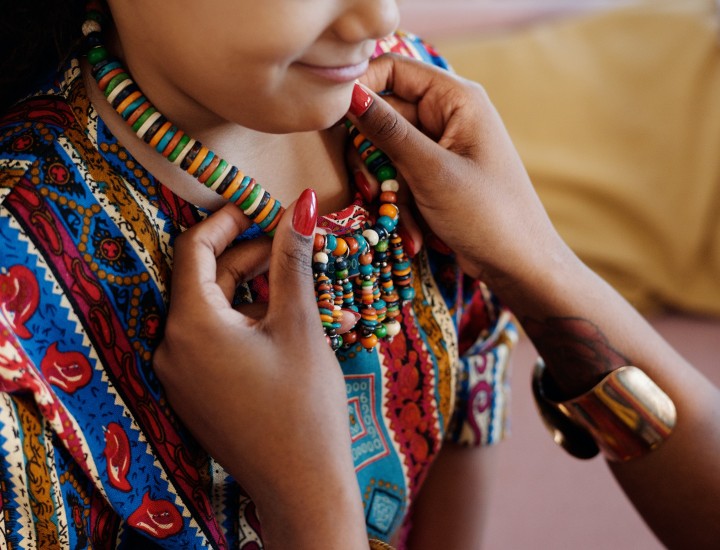Community Partners Join HealthSpark in Building Back a Better Safety Net System

Together with forty-one community partners, HealthSpark Foundation has launched an effort to rebuild the social safety net post-pandemic called Build Back Better. Partner organizations, which represent nonprofit safety net providers, universities, faith groups, advocacy groups, elected officials, civic organizations, and government, are joining together in a task force “Design Team” to understand the impact of the pandemic on the safety net system and to build a vision for an equitable and financially resilient recovery.
“Participation in this program will allow the Gwynedd Mercy University Adult Health Center to be better prepared for the next pandemic through new practice models of care that strengthen the safety net and fix the system, versus the band aid approach that we have experienced during COVID-19. Patients and communities will continue to suffer if we do not develop new ways to practice primary care and mental health care after this pandemic,” says Dr. Denise Vanacore of Gwynedd Mercy University, one of the participating organizations.
The Build Back Better Design Team will meet over a series of five virtual planning sessions, in which participating organizations will be assessing the strengths and challenges of the safety net system in response to COVID. Capacity for Change, LLC, a public interest consulting firm, is supporting the Build Back Better Design Team in using disaster-recovery practices to understand how organizational policies and procedures, collaborative networks, financing, and public health policy guidance helped or hindered safety net providers' response to the pandemic. Participating organizations will be sharing their own experiences in addition to analyzing the survey data collected through HealthSpark's Build Back Better Community Survey.
Promoting an anti-racist and accessible system from the start
While many participants had highlighted the need to center equity in this initiative prior to recent national protests against police brutality, the heightened national consciousness of racial inequity has already focused Design Team discussions on how to advance anti-racist policies and practices while rebuilding the safety net system. "The process and the outcome will be shaped by the practitioners that are on the ground and out in the field doing the work. This provides a great opportunity for a level of empowerment and being heard that is not offered that frequently," says Jerome Mitchell, Executive Director of Willow Grove Community Development Corporation.
Advocates for other historically disenfranchised groups view this opportunity as a means of centering accessibility and inclusion in social safety net practices where previous efforts have fallen short. “We are excited to have the opportunity to be part of this effort because it allows HealthSpark to incorporate guidance that provides services for the widest possible group of Montgomery County residents. Typically, programs must "back fill" for inclusion and accessibility, which can cost time and money. The Build Back Better initiative represents an extraordinary opportunity to do it right from the outset,” shared Ken Wesler of the Deaf-Hearing Communication Centre.
The Build Back Better Design Team will be working towards a plan of action to inform HealthSpark's future grantmaking, research, training, and advocacy strategies to support a more equitable, connected, and just recovery of the safety net system. HealthSpark utilized a similar community-based approach throughout 2018, which led to the creation of its grantmaking program and other activities and represents the Foundation's value of community engagement and trust-based philanthropy practices. As well, the group's recommendations will include actions for other non-philanthropic partners that support the safety net system, such as local and state government, businesses, civic organizations, faith groups, and others.
Engaging the broader community in supporting the safety net
Advocacy and public policy change are critical aspects of this initiative, as partners understand that the necessary elements of a strong recovery- such as full funding for services, integrated systems of care, and wider public recognition of the value of the safety net system- are only achieved through public education. Given the large-scale impacts of people affected economically by the pandemic, HealthSpark and partners believe now is the time to capitalize on greater public awareness of needed policy reforms.
“We have a brief window to capture the attention of our community and engage them as better partners in the safety net initiative,” says Maria Macaluso, Executive Director of the Women's Center of Montgomery County. “Some of the impediments we faced previously- such as lack of empathy and understanding for those in crisis- can be addressed now that so many people have experienced the isolation, the frustration and hopelessness those we serve face regularly.”
HealthSpark will share updates from the group and post materials online for those interested in staying updated on the Design Team's progress. A larger community event to share the group's recommendations will take place later in the summer. To receive updates in your inbox, subscribe to HealthSpark's newsletter here.


